
Data showed improvement in excessive daytime sleepiness and cataplexy frequency for children with narcolepsy on pitolisant.

Data showed improvement in excessive daytime sleepiness and cataplexy frequency for children with narcolepsy on pitolisant.
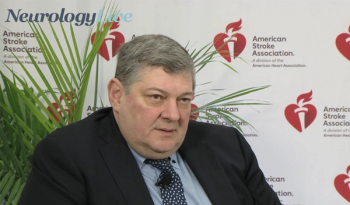
The medical director of the Cooper Neurological Institute spoke at the 2023 International Stroke Conference about notable research themes from the meeting. [WATCH TIME: 10 minutes]

The newly updated label warns patients on aducanumab about the potential risks of brain bleeding, which can be significant and life-threatening.
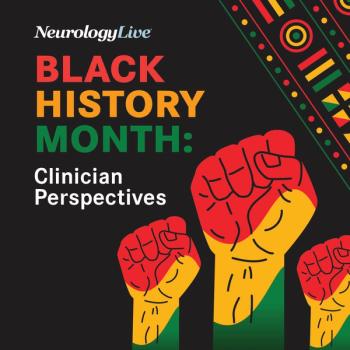
To honor Black History Month, NeurologyLive® spoke with influential Black clinicians on the leaders they look up to, the ongoing fight to overcome racial disparities, and ways to encourage diversity in health care.
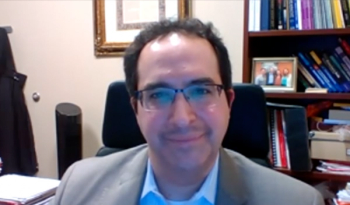
The medical director of the Hartford healthcare Headache Center in Connecticut discussed the significance of findings from a study assessing migraine during pregnancy. [WATCH TIME: 4 minutes]

The director of the Alzheimer’s Disease Research Center at Mayo Clinic provided insight on new considerations for interpreting data from cognitive and functional measures in trials assessing agents for Alzheimer disease.
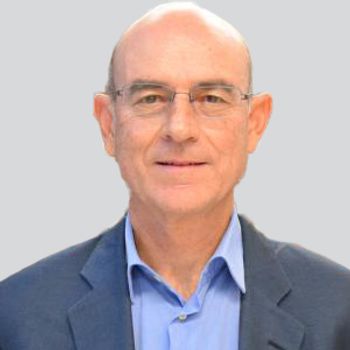
A meta-analysis displayed a small magnitude of pooled effect estimates for the studied skip-amenable mutation classes in Duchenne muscular dystrophy at 1 year follow up.

Investigators concluded that the therapeutic effectiveness of antiparkinsonian medications is short and limited for intolerable abdominal pain.

The director of Cleveland Clinic’s Cerebrovascular Center discussed the decisions mobile stroke units face and why opting for direct transfer to angiography is meant for certain scenarios. [WATCH TIME: 3 minutes]

Episode 30 of the AUPN Leadership Minute features Rohit Das, MD, of UT Southwestern Medical Center; and Julie Silver, MD, of Harvard Medical School. [WATCH TIME: 8 minutes]

For controlling symptoms of Parkinson disease psychosis, pimavanserin had the most favorable effect size based on 2 major efficacy outcomes.

For Valentine’s Day, the senior behavioral scientist at the RAND Corporation talked about the significance of sleep health and romantic relationships [WATCH TIME: 5 minutes]

On diffusion tremor imaging, CMN-Au8 outperformed placebo on domains of fractional anisotropy, radial diffusivity, and mean diffusivity, across all 9 prespecified brain regions and brain white matter.
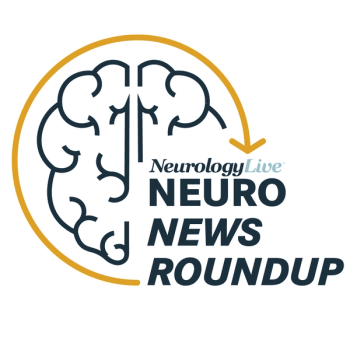
In honor of International Epilepsy Day, held February 13, 2023, get caught up on some of the latest news in epilepsy as the NeurologyLive® team shares some of our data updates and expert insights.

Dual-task effects were greater for patients with functional gait disorders than controls in gait speed and stride length, but not in stride time variability.

To honor Black History Month, NeurologyLive® spoke with influential Black clinicians on the leaders they look up to, the ongoing fight to overcome racial disparities, and ways to encourage diversity in health care.

The director of Cleveland Clinic’s Cerebrovascular Center provided perspective on a new study presented at the International Stroke Conference on experiences of poststroke patients taken directly to angiography suite. [WATCH TIME: 3 minutes]

Here's some of what is coming soon to NeurologyLive® this week.

The head of preclinical development at Imbrium Therapeutics provided an overview of positive safe and efficacy findings from the phase 2 study investigating sunobinop. [WATCH TIME: 4 minutes]
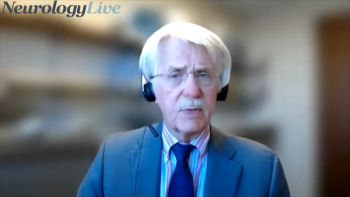
The director of the Alzheimer’s Disease Research Center at Mayo Clinic provided perspective on the emergence in antiamyloid therapies, assessing clinically meaningful benefit, and potential changes to trial design in the future. [WATCH TIME: 3 minutes]

Test your neurology knowledge with NeurologyLive®'s weekly quiz series, featuring questions on a variety of clinical and historical neurology topics. This week's topic is headache and migraine.

Caregivers of patients with advancing PD were more likely to spend more hours caring per day and had a higher self-perceived burden, compared with caregivers for patients with early PD.

Investigators Macarena Hernandez, PhD, and Marc Ribo, MD, provided commentary on positive phase 2a findings assessing ApTOLL in combination with EVT in patients with ischemic stroke.
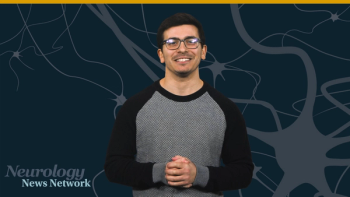
Neurology News Network for the week ending February 11, 2023. [WATCH TIME: 3 minutes]

Blood pressure medications may not be safe or effective to use for lowering systolic blood pressure following endovascular treatment for acute ischemic stroke.

Take 5 minutes to catch up on NeurologyLive®'s highlights from the week ending February 10, 2023.
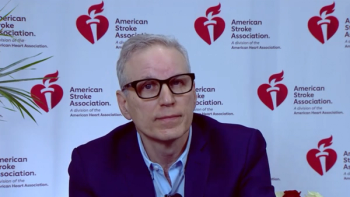
The professor of neurology at Harvard Medical School spoke at the 2023 ISC Conference about highlights from the STROKE-AF study after a 3-year follow-up. [WATCH TIME: 5 minutes]

In comparison with those who underwent additional imaging, patients with large vessel occlusion who directly went to angiography suite had higher mortality, but with no difference in functional outcome.

The chief training and education officer at the Parkinson’s Foundation discussed the inclusion of various medical professionals that assist in Parkinson disease care, and the need to provide access to educational tools to inform clinicians. [WATCH TIME: 5 minutes]

Mind Moments®, a podcast from NeurologyLive®, brings you an exclusive interview with Carolina Ferreira Atuesta, MD, MSc. [LISTEN TIME: 26 minutes]